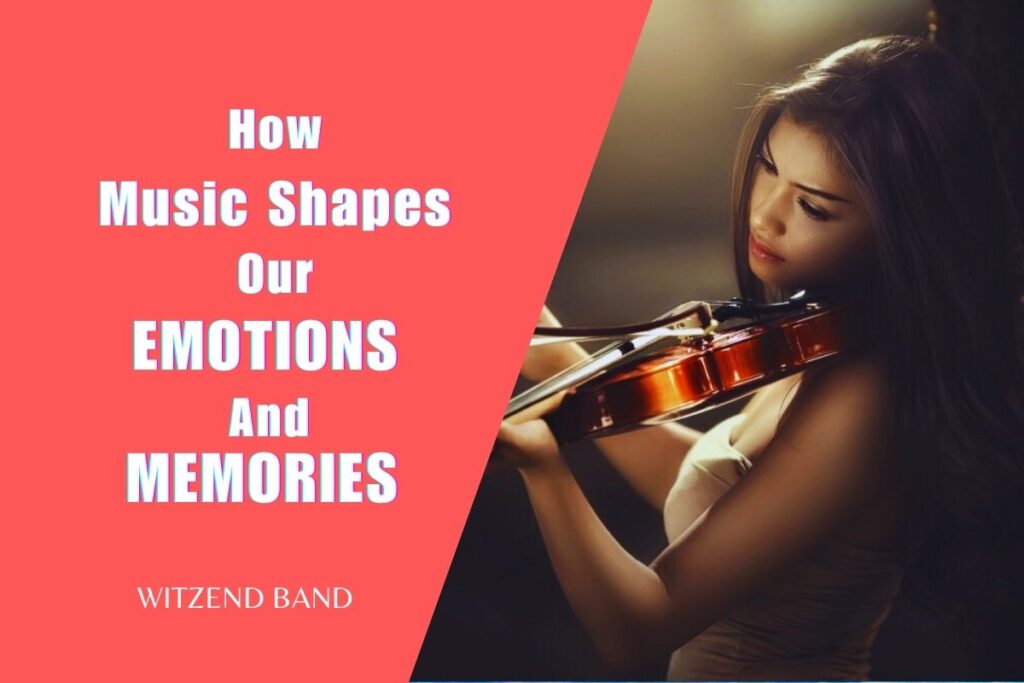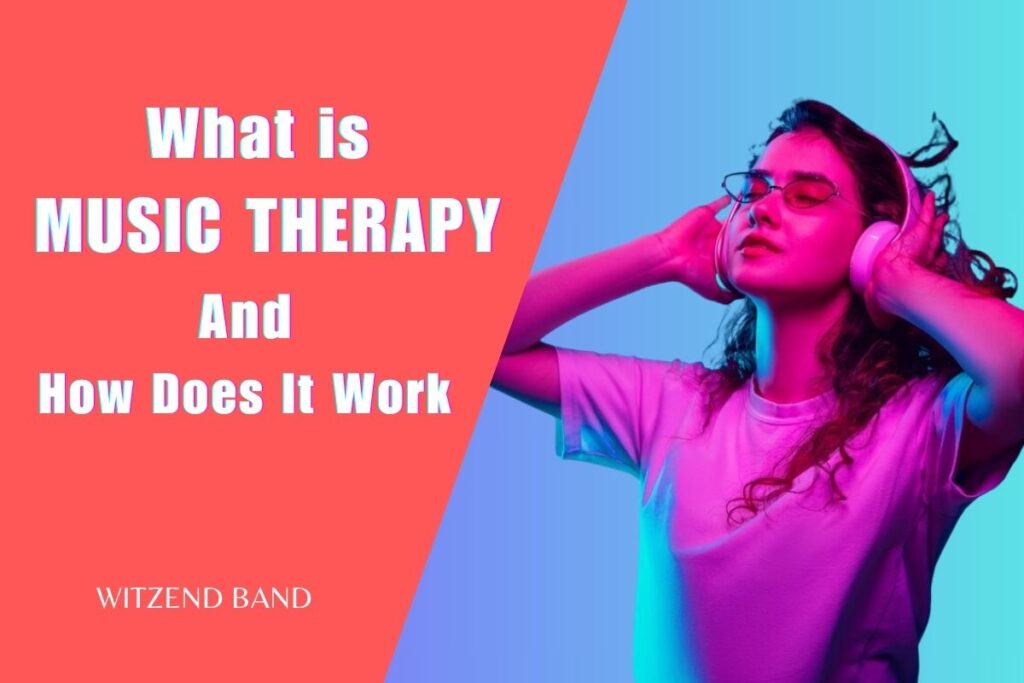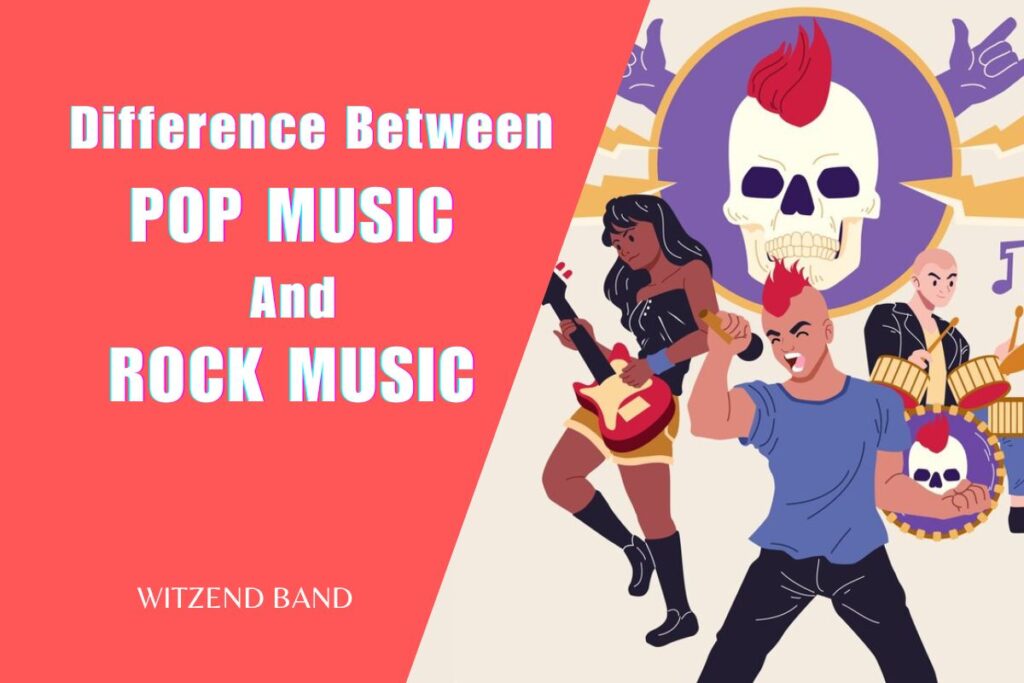Music plays a notable role in everyday life. No matter what your age, gender, race, or caste, music is a common phenomenon that creates an impact on everyone’s life. Music is a powerful tool for recreation, distraction, and enhancing one’s mood. Music is the medium to evoke our emotions and influence behavior.
Music is present in the everyday life of many people. A lot of people start their day with calming and soothing music and end the day with party music. It has become an important part of life where someone might feel lonely without music.
Let us now understand some questions that arise concerning music and emotions.
How Does Music Impact Our Emotions?
Music has a keen impact on the brain, emotions, and memories. The human brain processes music through a complex network of neural circuits, which helps to create a unique emotional response.
Different types of music can evoke different emotions, slow and calm music can help to reduce anxiety and tension, whereas hard and loud music can increase your energy and motivation.
Music has the power to induce strong emotions and influence mood. This is because say if someone is not feeling good or is stressed a good and motivating song can influence his emotions and make him feel happy but if he chooses a piece of sorrowful music he might feel more unhappy and unworthy. This is how music has a great impact on influencing one’s emotions.
What is The Neurological Basis Behind Musical Emotions?
Someone has greatly said that music moves us. Its rhythms can make us stand to dance and its beats and melodies can stir our emotions. Music may lead to the release of dopamine, a neurotransmitter that means when we hear pleasurable music our brain tends to release dopamine which makes us happy.
Limbic and paralimbic structures are the core structures of emotional processing because their dysfunction may lead to emotional impairments. It is well-accepted that the hippocampus plays an important role in learning and memory. The formation of the hippocampus in response to music is very high.
How Does Music Resonate Emotionally With Listeners?
Music evokes emotions through various mechanisms. The first principle is evaluation, here the listeners try to assess the emotional qualities of the music. The second principle is resonance, where music resonates with the listener’s emotional structure.
Music and emotions are associated with prior experiences. A song won’t give everybody the same feeling. Everyone has their own taste and preferences. The type of music we are listening to resonates with our emotions strongly.

What role do lyrics play in forming emotional connections through music?
Research has shown that lyrics directly affect our emotions and even psychological state of mind. The mixture of rhythms, melody, and lyrics activates various regions of the brain, responsible for memory and emotions.
When we hear a song with meaningful lyrics our brain captures a complex interplay of neural pathways, directing to emotional responses that range from nostalgia and happiness to sadness and soul searching.
One of the most important functions of song lyrics is their ability to create a personal connection between the listeners. When the lyrics of a song relate to our personal experiences, emotions, and memories we feel a deep connection with that song. This connection brings out a sense of validation and understanding, ultimately influencing our psychological well-being.
How does music influence the formation of memories?
Music can retain essential information despite memory loss. Music memory is located in the hippocampus of the brain, therefore music memory is less likely to be forgotten or neglected by age.
Listening to music associated with our past often evokes a ‘feeling of knowing’. We have feelings for many songs without actually knowing the title or lyrics of the song.
Recent research has also found that music has a great impact on human memory. The rhythmic structure of music increases memory retention, the process of storing the information in the brain. Music can also activate different regions of the brain, which can trigger likeful memories associated with specific songs and experiences.
Can music trigger emotional recall and nostalgia?
Music has the power to arouse a nostalgic feeling for the past known as nostalgia. Those who want to use music to communicate with people might understand the connection between music and nostalgia more accurately. Music can bring back memories and feelings from past events or locations.
Music has a big impact on promoting nostalgia by giving flashbacks of past experiences. We might feel a strong emotional link to the past while listening to different genres of music associated with specific periods or events.
It has been demonstrated that certain musical genres are good at occupying nostalgic sentiments and emotions.
How do cultural differences affect emotional responses to music?
Music has been a key aspect of human experience throughout different cultures and times. Every cultural group we are aware of no matter how connected or isolated, engages in some type of musical activity and musical instruments.
According to a study, regardless of cultural differences Western and Asian listeners reported similar emotional responses to music. This shows that the influence of music on emotional experience is rooted in inherited biological mechanisms rather than cultural learning.
What are the therapeutic uses of music for emotional well-being?
Listening to music has been considered a quick way to improve your mood, but it is becoming clear that there are many more benefits of music than just a quick mood booster. It has been found that music has a remarkable effect on our bodies and psyche. There is a growing study called music therapy in the field of healthcare.
The therapeutic benefits of music on health are multiple and profound. Music has a unique ability in that it directly emotional stage and helps in managing stress, anxiety, and depression. It can help to evoke strong emotions and memories, helping individuals to express themselves freely which might be difficult through words.
Some other important therapeutic uses of music are
- Enhances communication and social skills.
- I am exploring emotions and regulating my mood.
- Improves physical health, rehabilitation, and coordination.
How does music shape personal memories and experiences?
Songs and melodies help us to remember significant events and information. When we listen to music from years ago we seem to travel back in time. The tunes, beats, and lyrics of a song influence our behavior in such a way that we feel connected to that particular song.
It has been also proved that music doesn’t just help us recall memories but also helps us to make new ones. Listening and performing music triggers areas of the brain associated with memory, reasoning, speech, and emotion.
How can we use music to regulate our emotions?
Music has been used as a means of regulating and altering our emotions. Music has a profound effect on human emotions, here are some ways in which music is used to regulate our emotions.
- Music for mood elevation.
- Music for relaxation.
- Music to feel calm and happy.

Frequently Asked Questions
Why does music evoke memories and emotions?
Certain songs and melodies can evoke our emotions because music can activate brain memory and emotional systems.
How does music make memories?
Music helps to make memories in such a way that when a particular beat is played it takes us back to the time that depicts the connection of that song with a particular event.
How does music improve our health?
Music improves our health as it can reduce stress, anxiety, and depression.
Can music enhance your mood?
The major function of music is mood enhancement. It boosts our mood and makes us happy and motivated.
Conclusion
In conclusion, we would say music is a powerful source that shapes our emotions, memories, and relationships with others. It has the ability to evoke feelings, trigger memories, and bring people together as a society. So next time you listen to a song just remember what impact it has on our daily lives.
Read More:
What is Pop Music? Everything You Need to Know
What is Trap Music? Explanation And Types of Trap Music



